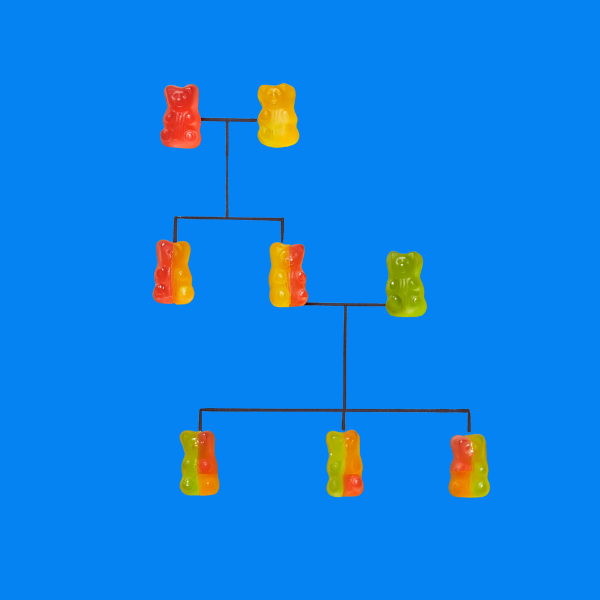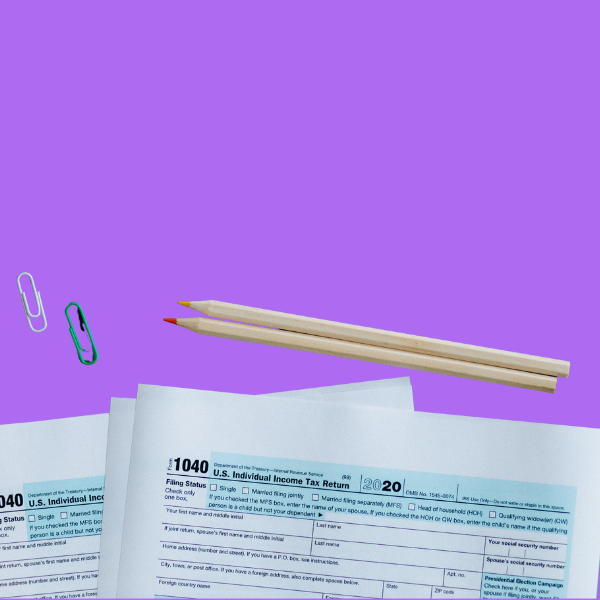Tax Policy Basics
Tax Glossary: A Quick Guide to Utah’s Tax System
Taxes can feel complicated, but they shape almost every part of daily life, from how schools are funded to how much working families take home each month. Whether you're a parent, advocate, policymaker, or just someone trying to understand how it all works, this glossary is here to help.
This is your one-stop shop for understanding the terms we use most often when talking about Utah’s tax and budget system.

Child Tax Credit
A child tax credit (CTC) is a government benefit that helps families afford the cost of raising children.

Earned Income Tax Credit
The Earned Income Tax Credit (EITC) is a tax benefit that supports low- and moderate-income working families.

Estate and Inheritance Tax
Estate and inheritance taxes are based on a simple principle: people who inherit vast amounts of wealth - rather than earning it themselves - should contribute at least some of that wealth back to society.

Fines, Fees, & Tariffs
When traditional public revenue sources like income tax are cut, governments often try to make up the difference with these hidden taxes.

Income Tax
Income tax is money paid to the government based on how much a family earns in a year.

Property Tax
Property tax is a tax on real estate paid by owners of homes, land, and commercial (business) buildings.

Sales Tax
Sales tax is an extra percentage added to the price of certain goods and services when purchased.

Tax Credit Refundability
Tax credits reduce the amount of income tax a family owes. But not all tax credits work the same way.

Tax Fairness
A truly fair system considers how much each person can reasonably afford, not just whether the numbers match.

